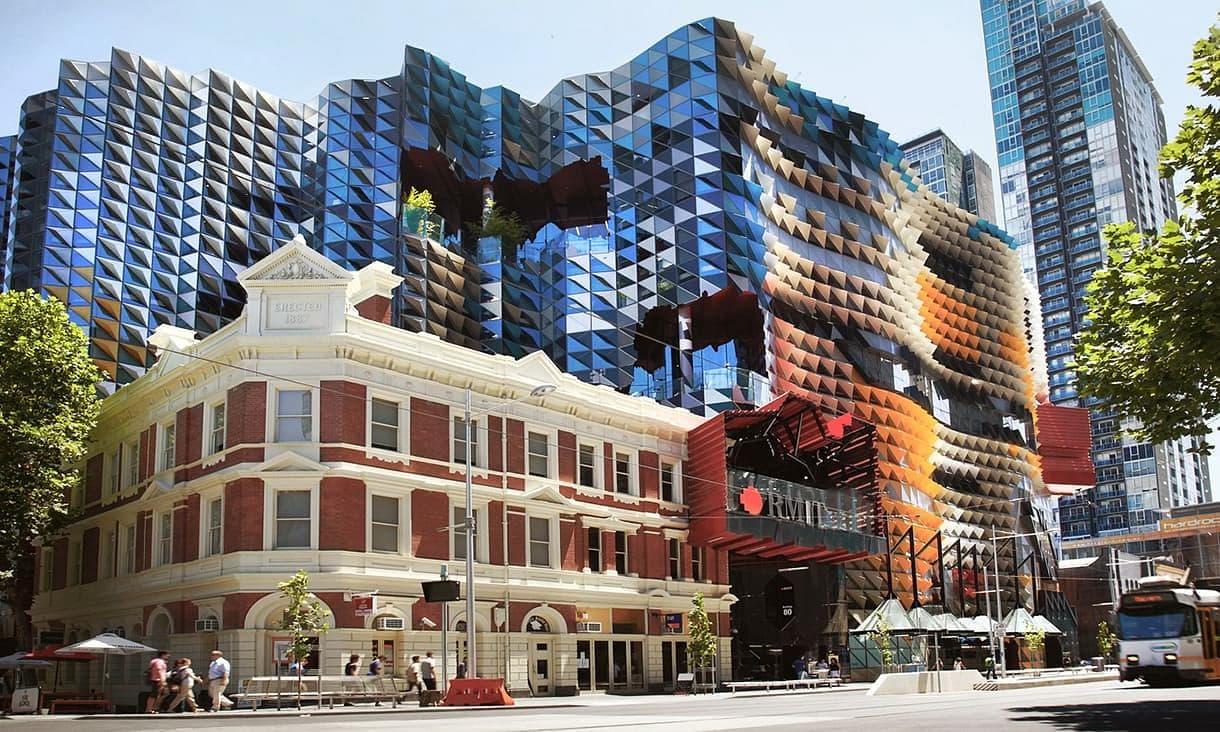

Bachelor of Engineering (Sustainable Systems Engineering) (Honours) at RMIT University
Melbourne, Australia
- Tuition Fee AU$ 42,240
- Country Rank-
- Duration48 Months
- Score IELTS: 6.5 TOEFL: 79
Program Overview
Sustainable systems engineering brings together the new technologies and innovative engineering approaches needed for sustainable global development.In RMIT's Bachelor of Engineering (Sustainable Systems Engineering) (Honours), you'll learn how to protect, restore and create engineered and natural systems that are socially, environmentally, and economically sustainable.As part of this systems engineering degree you’ll undertake a broad range of studies, graduating with the skills to design engineering solutions that meet the needs of society within economic and ecological constraints.Your studies will focus on developing a sustainable systems approach, combining the fundamentals of sustainable systems design, engineering design, engineering mathematics and engineering science. Degree specialisations exist in renewable energy systems, energy efficiency and demand management, transport and logistics, and supply chain analytics.
Cost Of Studying At RMIT University
Interest rates as low as 8.9% *
250K+
Students Assisted
800Cr+
Loan Amount Disbursed
5000+
Loans Sanctioned